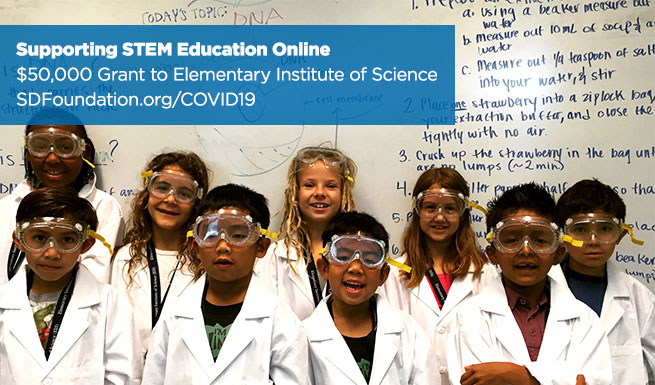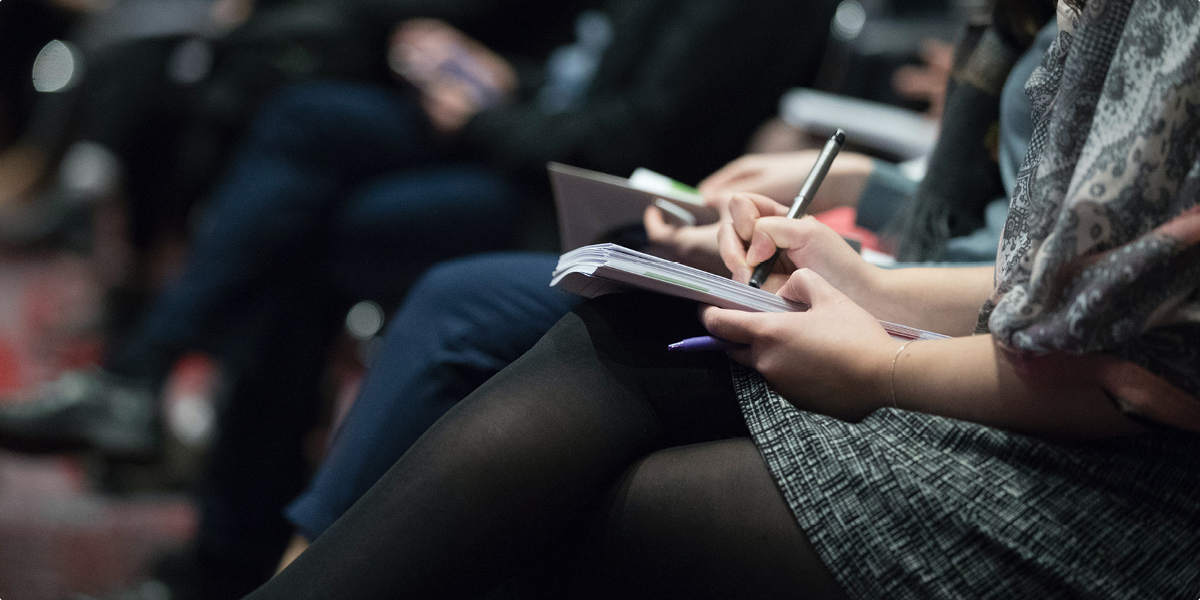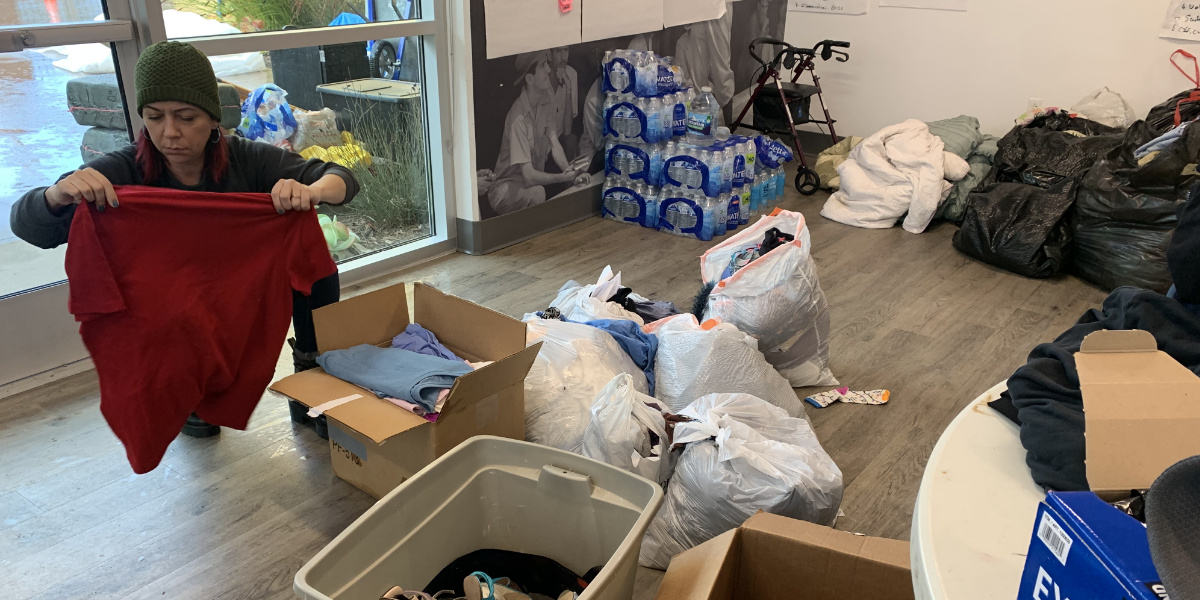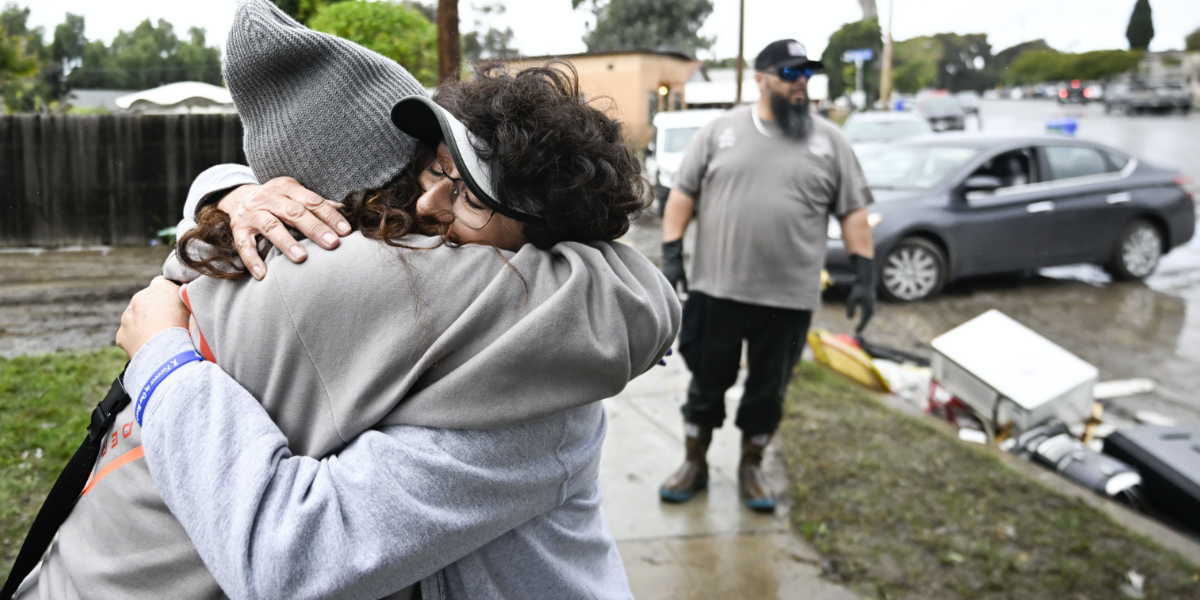It’s not an achievement gap so much as it is an opportunity gap.
So says James Stone, Executive Director at the Elementary Institute of Science (EIS), which for more than a half century has provided opportunities to thousands of children from low-income families living in Southeastern San Diego to tackle the sciences at an early age through lab work, STEM-related summer camps, afterschool programs, and more.
But when the COVID-19 pandemic short-circuited EIS operations, it exacerbated the educational inequities between wealthy and not-so-wealthy neighborhoods. Thanks to a $50,000 grant from the San Diego COVID-19 Community Response Fund, the nonprofit will be able to continue what has become one of its most recognized afterschool programs – Steps-2-STEM – by offering the enrichment online and integrating it into the San Diego Unified School District curriculum.
“The impacts of the pandemic have been disproportionately bad for people of color not only when it comes to health, but also educationally,” explained Stone. “It’s imperative we do what we can to ensure the opportunities we provide are not lost.”
Educators agree.
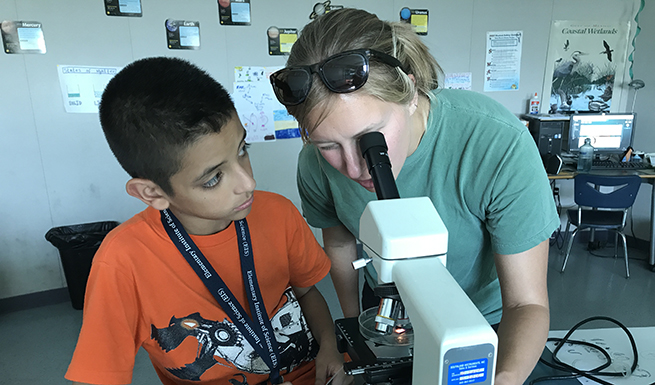
“The Steps-2-STEM program is a valuable asset for the students of Chollas-Mead Elementary School and all of southeast San Diego,” said Chollas-Mead Principal Kristi Hunter-Clark. “The program exposes students to experiences that they would not have a chance to have without EIS.”
Added Baker Elementary School Principal Kathleen L. Gallagher, “The Elementary Institute for Science provides the best resources I have seen for enhanced science instruction for underserved students in the Lincoln (High School) cluster of southeast San Diego.”
An afterschool enrichment center dedicated to igniting young minds and addressing the widening gap of underrepresented students in the sciences, the Elementary Institute of Science was the brainchild of Kennedy Elementary School teacher Tom Watts, who started a science club in his classroom in 1964. Within just a few years later, the club had mushroomed into a movement and relocated to an abandoned house the City of San Diego agreed to rent for $1.
Within five years, the National Science Foundation recognized EIS as one of just five organizations in the world focusing on hands-on science for youth. In 2004, the Jacobs Center for Neighborhood Innovation, the Kresge Foundation, and others committed challenge grants that galvanized support from dozens of other local, state and federal institutions, raising enough funds for EIS to move some 15 years ago into a modern center at 608 51st Street. EIS alumni have gone on to become doctors and scientists, and a 2018 study showed students taking part in Steps-2-STEM had developed a so-called STEM identity, a sense of self critical to pursuing a future in the sciences, engineering and mathematics.
Steps-2-STEM was launched in 2016. Before the pandemic swept across the nation, approximately 2,250 fourth and fifth-graders each year boarded buses taking them from their school to the 51st Street center for a total of 25 hours of hands-on instruction in marine biology, botany, chemistry, engineering, physics, and computer coding, spread over five weeks. By the end of the lessons, students had the tools to build websites related to what they’ve learned.
Those lessons, taught by scientists, will be offered online this fall.
“Socially, educationally, PTA-wise, the kids who live in the Lincoln High School cluster don’t have the same level of financial and educational support as kids who live in the La Jolla High School cluster or elsewhere,” Stone said. “Steps-2-STEM was meant to address the disconnect. We are as much of a social justice organization as a nonprofit with a science education mission.”
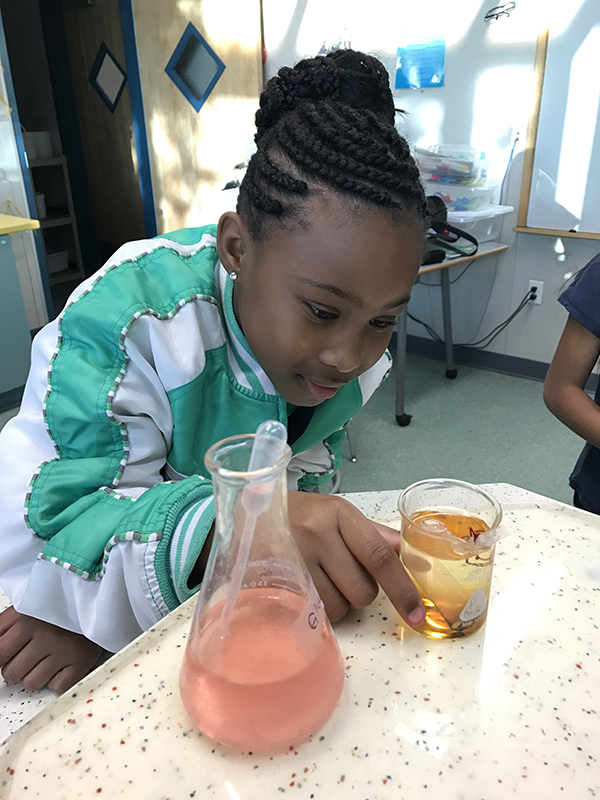
Indeed, almost all children EIS serves come from ethnically diverse backgrounds, which often experience lower educational attainment, according to a San Diego Economic Development report. Some 34% of Latino students and 8% of Black students in the region, for example, have not earned a high school diploma. Yet California’s rapidly evolving economy is relying increasingly on students who have an education and skills training beyond high school.
Fortunately, the philanthropic community has stepped up.
The COVID-19 Community Response Fund, managed by The San Diego Foundation, has raised more than $52 million to date and granted more than $50 million to dozens of local nonprofits serving those who have been devastated by the coronavirus pandemic and are still struggling to recover.
The giving underscores an unprecedented effort by more than 600 community foundations to establish response funds that leverage the power of collective giving during this time of crisis. Combined with an estimated $1 billion in grants from donor-advised funds, these community foundation funds continue to address the mounting need during the pandemic. In San Diego alone, there remains more than $55 million in unmet requests from over 700 nonprofit organizations applying through the San Diego COVID-19 Community Response Fund.
Your donation can help make a difference today.
